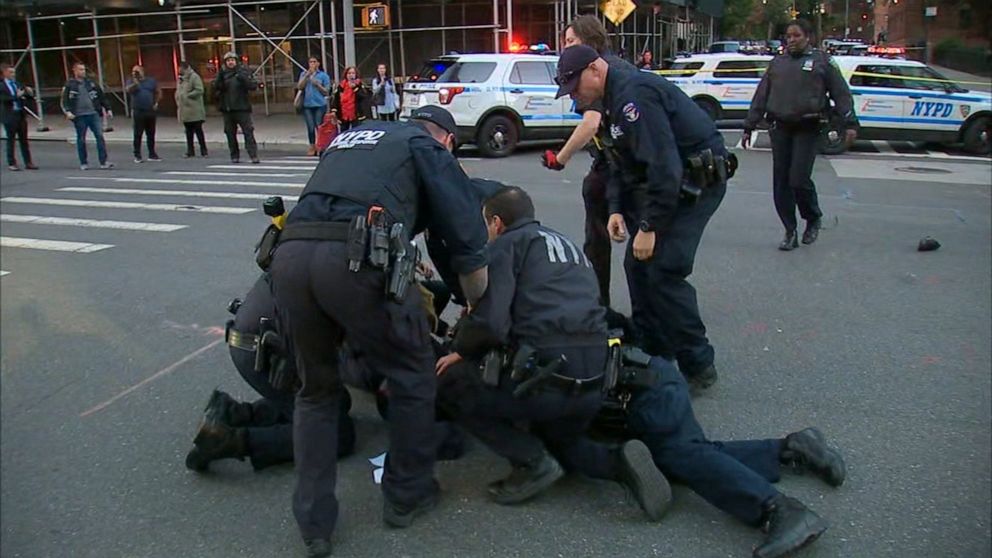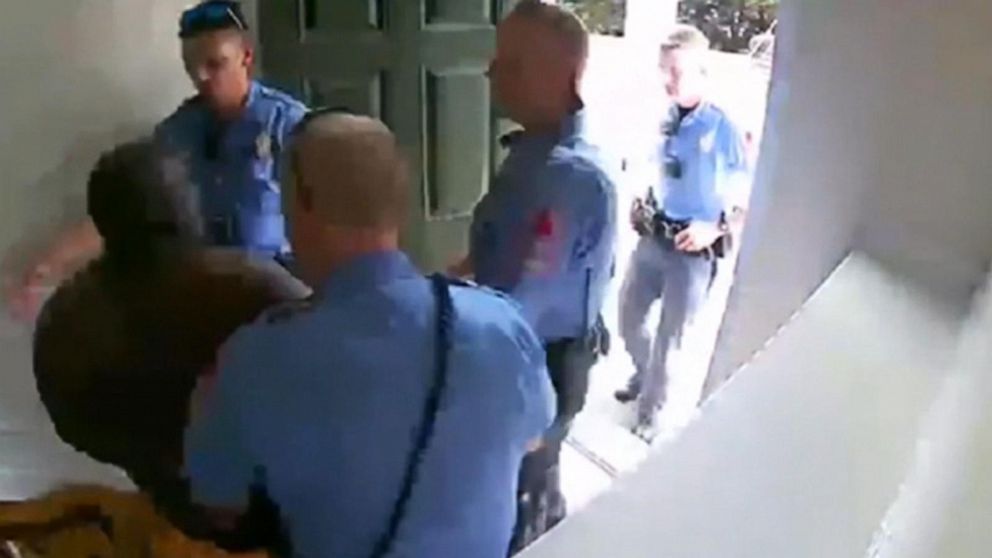
In State v. Sum, the WA Supreme Court held that a person’s race – and law enforcement’s long history of discrimination against people of color – should be taken into account when determining the legality of police seizures.
FACTUAL BACKGROUND
The case concerns Palla Sum, a person of color who identifies himself as Asian/Pacific Islander. Mr. Sum was sleeping in his car in Tacoma one morning in April 2019 when police came upon him. Deputy Rickerson An officer ran his plates. The car was not stolen. There is no indication that it was parked illegally. Nevertheless, the car attracted the deputy’s attention because “it was parked there.”
The officer knocked on the window, asked Sum questions and asked him for identification. Sum gave a false name and the officer went back to his cruiser to check records. Sum then drove off, crashed into a front lawn and was caught as he attempted to run away.
Sum was subsequently charged with Making a False Statement, Eluding and Unlawful Possession of a Firearm, after a gun was found in his car.
Sum filed a pretrial motion to suppress pursuant to CrR 3.6. He argued that he was unlawfully seized without reasonable suspicion when Deputy Rickerson requested Sum’s identification while implying that Sum was under investigation for car theft. The court denied Sum’s motion to suppress. It ruled that because Sum was not seized when Rickerson asked him to identify himself, because the did not retain Sum’s physical identification to conduct his records check. Sum was convicted of all three charges by a jury.
Although the WA Court of Appeals upheld his conviction, Sum again appealed to the WA Supreme Court. He argued that there is no justification—aside from unacceptably ignoring the issue of race altogether—for courts considering the totality of the circumstances to disregard the effect of race as one of the circumstances affecting evaluation of police contact.
COURT’S ANALYSIS & CONCLUSIONS
The WA Supreme Court discussed the standard of review for addressing similar cases. It reasoned that the search and seizure inquiry is an objective test. An allegedly seized person has the burden to show that a seizure occurred. It further clarified that a person is seized if, based on the totality of the circumstances, an objective observer could conclude that the person was not free to leave, to refuse a request, or to otherwise terminate the encounter due to law enforcement’s display of authority or use of physical force.
The Court also took its “objective analysis” test a step further:
“For purposes of this analysis, an objective observer is aware that implicit, institutional, and unconscious biases, in addition to purposeful discrimination, have resulted in disproportionate police contacts, investigative seizures, and uses of force against Black, Indigenous, and other People of Color (BIPOC) in Washington.” ~Justice Mary Yu, WA Supreme Court
Furthermore, wrote the Court, if the person shows there was a seizure, then the burden shifts to the State to prove that the seizure was lawfully justified by a warrant or an applicable exception to the warrant requirement.
Next, the Court applied its now race-conscious test to the facts of the case. It reasoned that based on the totality of the circumstances, Mr. Sum was seized when Deputy Rickerson requested Sum’s identification while implying that Sum was under investigation for car theft.
“As the State properly concedes, at that time, the deputy did not have a warrant, reasonable suspicion, or any other lawful authority to seize Sum,” wrote Justice Yu. “As a result, Sum was unlawfully seized, and the false name and birth date he gave to the deputy must be suppressed. We therefore reverse the Court of Appeals and remand to the trial court for further proceedings.”
My opinion? Good decision.
In an amicus brief, public defender and civil rights groups argued that law enforcement’s history of discriminating against people of color needs to be reflected in how the law is interpreted. The groups, including the King County Department of Public Defense and the ACLU of Washington, wrote the following:
“Centuries of violence and dehumanizing treatment of people of color have required BIPOC communities to develop survival strategies that demand over-compliance with law enforcement . . . For courts to continue to blind themselves to that reality when evaluating the freedom an individual would feel to unilaterally terminate a law enforcement contact is to further enshrine existing racial disparities into the legal system.”
Please review my Search & Seizure guide and contact my office if you, a friend or family member are charged with a crime. Hiring an effective and competent defense attorney is the first and best step toward justice.















